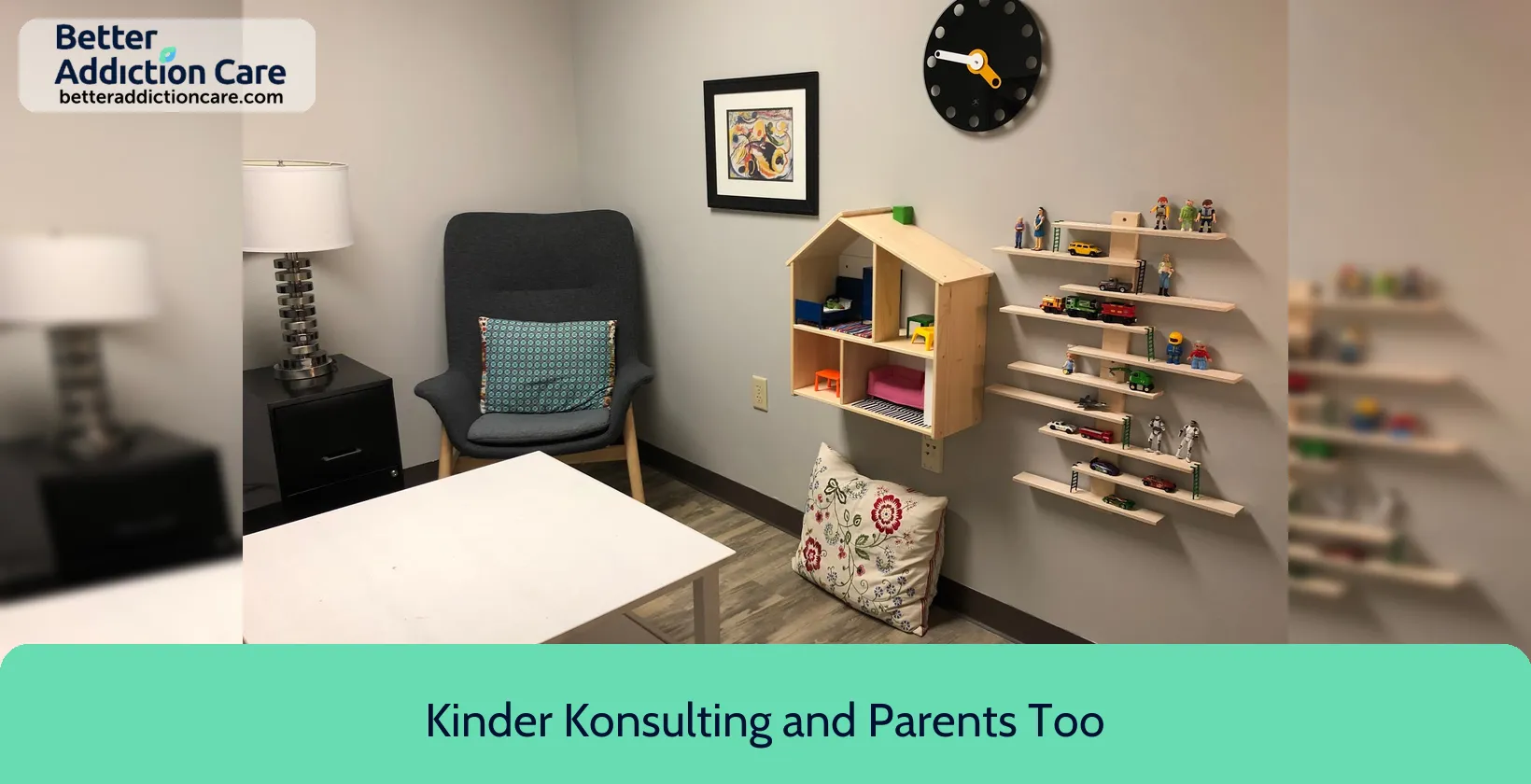Clermont CBOC

Overview
Clermont CBOC is a mental health treatment center for people seeking treatment near Lake County. As part of their treatment modalities for recovery, Clermont CBOC provides couples/family therapy, group counseling, and cognitive behavioral therapy during treatment. Clermont CBOC is located in Clermont, Florida, accepting medicaid for treatment.
Clermont CBOC at a Glance
Payment Options
- Medicaid
- Medicare
- Private health insurance
- Federal military insurance (e.g., TRICARE)
- U.S. Department of VA funds
Assessments
- Screening for tobacco use
- Comprehensive mental health assessment
- Comprehensive substance use assessment
Age Groups
- Young adults
- Adults
- Seniors
Ancillary Services
- Case management service
- Chronic disease/illness management
- Diet and exercise counseling
- Family psychoeducation
- Illness management and recovery
Highlights About Clermont CBOC
6.91/10
With an overall rating of 6.91/10, this facility has the following balanced range of services. Alcohol Rehabilitation: 8.00/10, Treatment Options: 6.97/10, Insurance and Payments: 6.67/10, Drug Rehab and Detox: 6.00/10.-
Alcohol Rehabilitation 8.00
-
Treatment Options 6.97
-
Insurance and Payments 6.67
-
Drug Rehab and Detox 6.00
Accreditations
The Joint Commission:

The Joint Commission accreditation for addiction and behavioral health signifies that a facility has met rigorous standards in patient care, treatment, and safety. This recognition assures patients and professionals of the facility's commitment to providing high-quality, evidence-based care in the fields of addiction and behavioral health, fostering trust and confidence in their services.
Registration: 474843
Treatment At Clermont CBOC
Treatment Conditions
- Alcoholism
- Mental health treatment
- Substance use treatment
- Co-occurring Disorders
Care Levels
- Outpatient
Treatment Modalities
- Couples/family therapy
- Group counseling
- Cognitive behavioral therapy
- Dialectical behavior therapy
- Integrated Mental and Substance Use Disorder treatment
Ancillary Services
Languages
- Sign language services for the deaf and hard of hearing
Additional Services
- Pharmacotherapies administered during treatment
- Mentoring/peer support
- Metabolic syndrome monitoring
Special Programs
- Veterans
- Active duty military
- Clients who have experienced trauma
- Persons with post-traumatic stress disorder (PTSD)
Get Help Now
Common Questions About Clermont CBOC
Contact Information
Other Facilities in Clermont

7.32

6.62
DISCLAIMER: The facility name, logo and brand are the property and registered trademarks of Kinder Konsulting and Parents Too - Kinder Konsulting Clermont, and are being used for identification and informational purposes only. Use of these names, logos and brands shall not imply endorsement. BetterAddictionCare.com is not affiliated with or sponsored by Kinder Konsulting and Parents Too - Kinder Konsulting Clermont.
